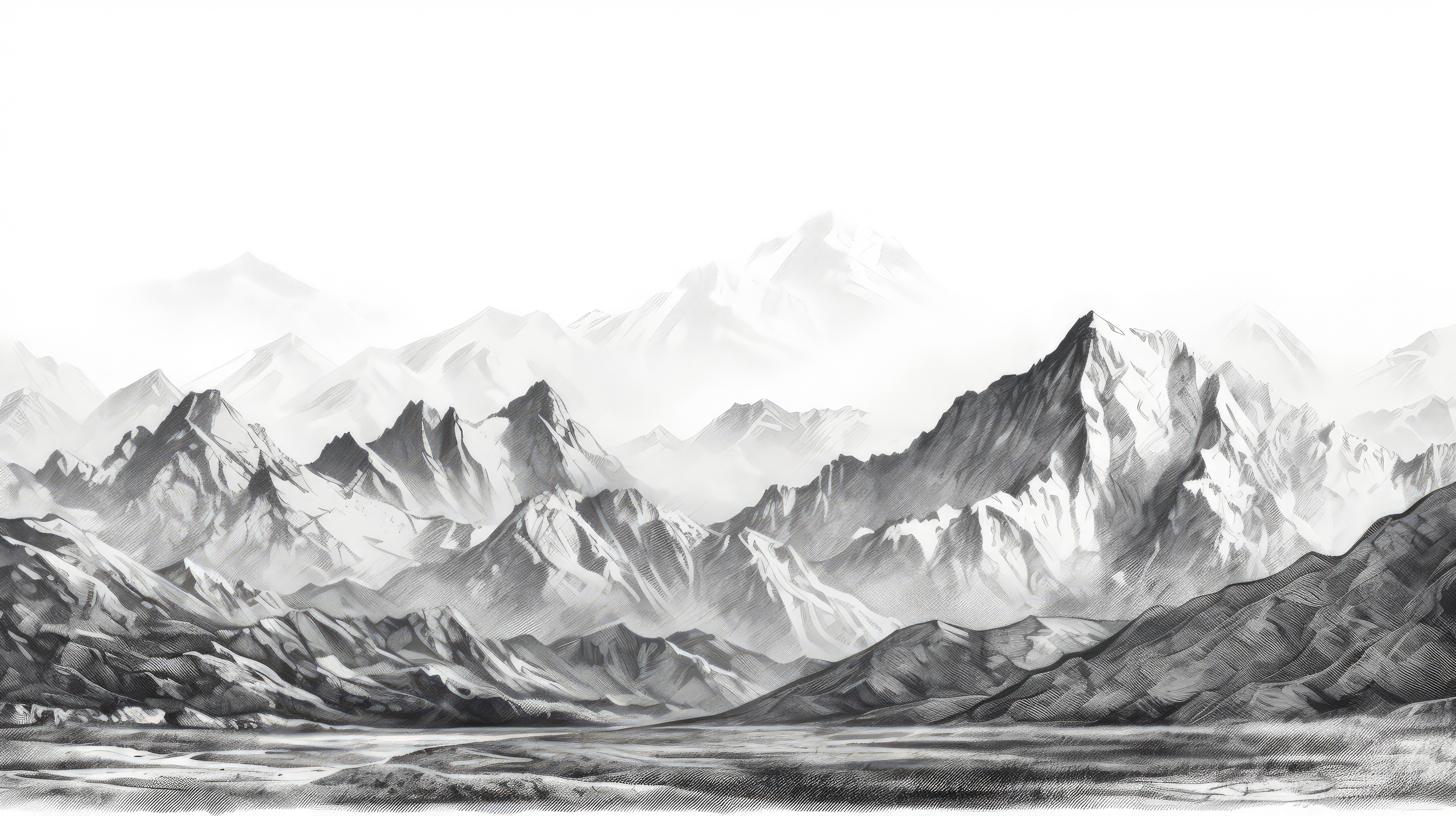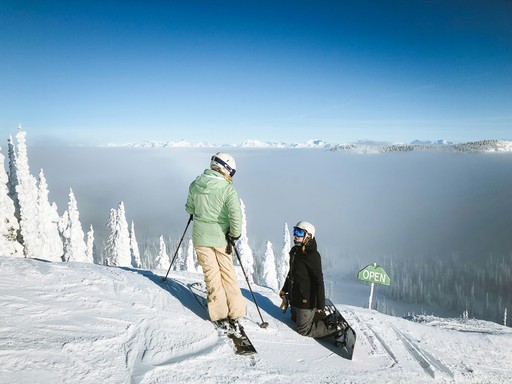Navigating Legal Waters: Expert Guidance After a Boating Accident
Post date :
June 25, 2025


Founder, Western Slope Law
Colorado’s lakes and rivers are a beloved escape for many Western Slope families, but they also carry hidden risks. What starts as a fun day on the water can turn tragic in seconds. As water sports have become more popular it has contributed to a spike in water-related accidents statewide. In 2002, 42 Coloradans lost their lives in water-related incidents – the highest annual total ever recorded.
If you have been affected by a boating accident, you’re likely grappling with questions about insurance coverage, liability, and what to do next. In the sections below, we’ll break down some of the unique insurance issues with boat accidents and the complications in determining liability.
Insurance Challenges in a Boating Accident
Dealing with insurance after a boating accident can be very different from a car crash. Boating brings a tangle of coverage questions that catch many people off guard. Here in Colorado, lack of mandatory boat insurance and other coverage loopholes can leave injury victims unprotected if they don’t plan ahead.
Lack of Required Insurance
Unlike auto drivers, boat owners in Colorado are not legally required to carry insurance on their watercraft. This means many boaters choose to hit the water with no liability insurance at all. If an uninsured boater causes an accident, there’s no automatic insurance payout for the victims. While some marinas or lenders may require proof of coverage, the law itself doesn’t mandate a boat insurance policy. The result? After a crash, injured people often discover the at-fault boater has no insurer to file a claim against.
Disputes over Watercraft Classification
Even when insurance exists, coverage often depends on how a policy classifies the vessel involved. Insurance companies sometimes dispute whether a particular type of craft was covered under a given policy. For instance, a standard homeowner’s insurance policy provides only minimal coverage for boats – typically a $1,500 limit on damages to watercraft including trailers or equipment.
That might cover a canoe or small fishing boat, but it won’t come close to replacing a wrecked speedboat. Additionally, many homeowners policies exclude liability for larger or faster boats. This means if you only have homeowners insurance and you crash your 200-horsepower ski boat, your insurer could deny the claim by saying the vessel isn’t covered under that policy. All of this can delay or reduce the payout you need for medical bills and repairs.
Issues with Uninsured Boaters
Because carrying boat insurance is optional, it’s no surprise that many boaters on Colorado waters have no liability coverage at all. If you were injured by another boater’s negligence but they have zero insurance, you effectively have no insurance company to recover from. This can leave victims footing the bill for expenses like hospital care, lost wages, or boat repairs. You could try to sue the at-fault boater personally, but if they don’t have substantial assets or savings, collecting compensation can be an uphill battle.
Property Damage Coverage Gaps
Boating accidents don’t just cause injuries – they can result in expensive property damage to boats, docks, and other structures. However, there are often gaps in coverage for these losses. If a boat owner lacks insurance, obviously any property damage will have to be paid out-of-pocket. But even when there is a policy, it might not cover everything. For example, a policy might pay for damage to the other party’s boat, but not the cost of environmental cleanup if fuel leaks, or it might exclude damage to personal property on board. After an accident, you may find that recovering full compensation for all your property losses requires jumping through more hoops – and possibly fighting a denied claim or two.
Liability Complications in a Boat Accident
Sorting out who is liable after a boating accident can be even more complicated than dealing with insurance. On Colorado’s waterways, there are unique factors that can muddy the waters of an accident investigation. Multiple people or companies might share blame, and different laws can potentially apply.
Fault in Multi-Party Accidents
Boating often involves a lot of people – multiple boat operators, passengers, swimmers, or even commercial tour companies. Determining fault in these multi-party scenarios is challenging. Investigators will look at whether each operator followed navigation rules, whether any were speeding or driving recklessly, and so on. Colorado follows a modified comparative negligence law where each party’s compensation can be reduced by their percentage of fault.
If you are found to be 50% or more at fault, you could even lose the right to recover damages entirely. Because of this, expect insurance companies to vigorously argue about fault percentages after a boat crash. Each insurer will try to pin more blame on the other side to minimize what they pay. For an injured victim, it’s critical to gather strong evidence (photos, witness statements, GPS data, etc.) to establish who truly caused the accident.
Operator Negligence
In many boat accidents, the root cause is simple operator error or negligence. In fact, the U.S. Coast Guard reports that the top contributing factors in boating accidents are things like operator inattention, inexperience, not keeping a proper lookout, and excessive speed.
We see these same factors on Colorado waters. A boat pilot might be distracted by conversation and fail to see a swimmer or submerged obstacle. Or a less-experienced boater might not know how to handle a sudden wind gust, leading to a capsizing. When a boat operator is negligent – by speeding through a no-wake zone, ignoring buoy markers, or simply not paying attention – they can be held liable for any resulting injuries and damage. One complication, however, is that these incidents often happen in a flash and without many impartial witnesses. Proving negligence might require boating experts to reconstruct the accident or analyze the vessels for damage patterns. Still, the law in Colorado is clear that a boat operator has a duty to operate safely. If they breach that duty through careless actions, they can be held responsible for the harm that results.
Boating Under the Influence (BUI)
Alcohol and boating are a dangerous mix. Colorado law prohibits boating under the influence (BUI), and for good reason – many of our state’s record number of water-related deaths in 2022 were linked to people drinking while boating. From lakeside barbecues to fishing trips with beers onboard, it’s all too easy for a fun day to cross into risky territory when alcohol is involved.
If an operator was intoxicated, liability for an accident becomes much more clear-cut: boating under the influence is negligence per se (in and of itself). In fact, a drunk boater who causes an accident may face not only civil liability for injuries but also criminal charges under Colorado’s BUI laws. However, from an injury victim’s perspective, a BUI accident can still present challenges. The impaired boater might be arrested or have their boating license revoked, but you as the victim still need to pursue a claim to get compensation for your injuries.
How Hiring a Lawyer Can Help
Recovering from a serious boating accident is hard enough without having to master insurance fine print and liability statutes. This is where an experienced boat accident lawyer like Western Slope Law can be your strongest ally. By building a strong case, an attorney helps prove fault and counter the insurance companies’ tactics to minimize your claim. Most importantly, hiring a lawyer means you don’t have to go through this alone. A good attorney will understand that you’re likely shaken up and unsure of the process.
You're not alone.
Work with an award-winning, experienced lawyer who can make a difference in your case.
Award-winning representation across Colorado's most complex injury and insurance cases.

















